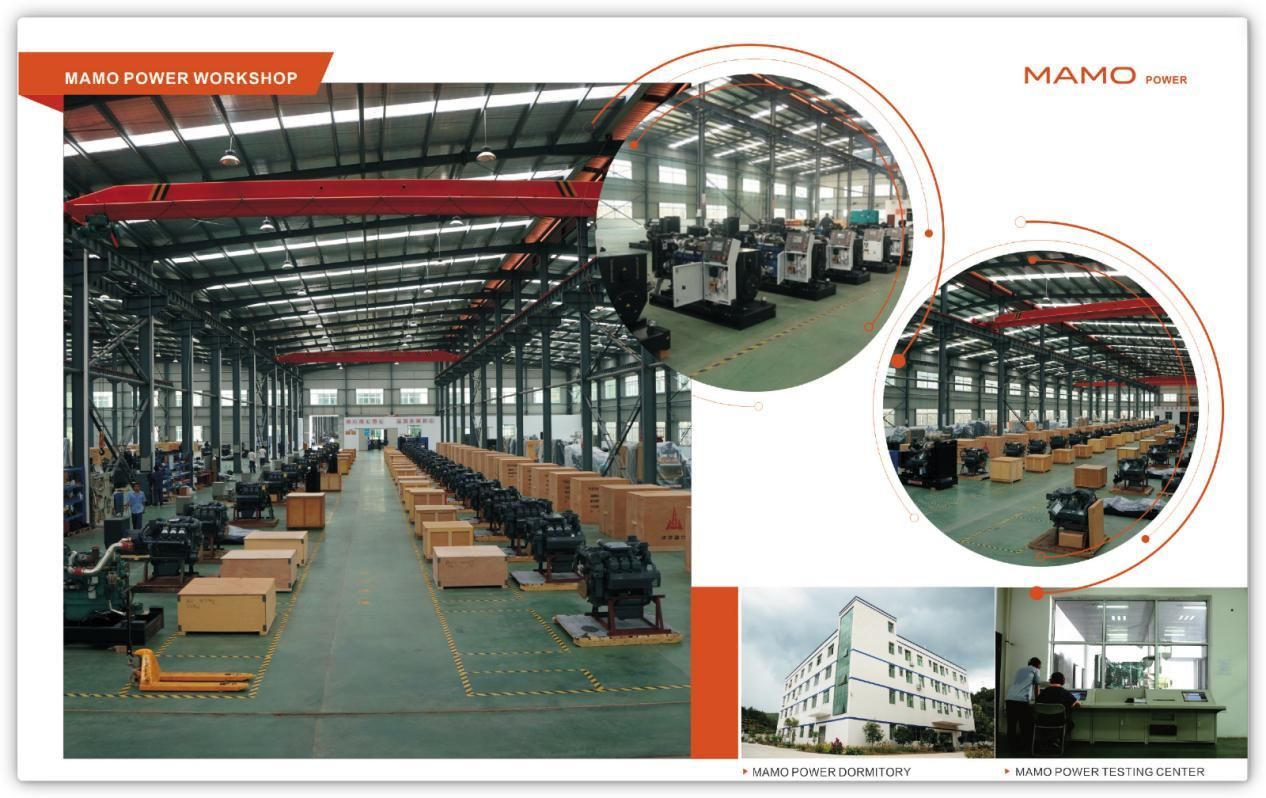Power outages can disrupt daily life and cause inconvenience, making a reliable generator an essential investment for your home. Whether you’re facing frequent blackouts or just want to be prepared for emergencies, selecting the right power generator requires careful consideration of several factors. Here’s a comprehensive guide to help you make an informed decision:
1. Determine Your Power Needs:
Start by assessing your power requirements. Make a list of essential appliances and devices you would need to power during an outage. Consider items like lights, refrigerators, air conditioners, heaters, sump pumps, and communication devices. Note their wattage requirements, which can usually be found on the device or in the user manual.
2. Calculate Total Wattage:
Add up the wattage of all the devices you want to power simultaneously. This will give you an estimate of the generator’s power capacity you’ll need. Keep in mind that some appliances, like refrigerators and air conditioners, have higher starting wattage (surge wattage) than their running wattage.
3. Choose the Right Generator Size:
Generators are available in various sizes, categorized by their power output. Common sizes include portable generators (1,000 to 10,000 watts) and standby/home standby generators (5,000 to 20,000+ watts). Select a generator size that can comfortably handle your calculated total wattage, with some buffer for unexpected power spikes.
4. Type of Generator:
There are two main types of generators for home use:
Portable Generators: These are versatile and can be moved around. They are suitable for powering a few essential appliances during short outages. However, they require manual setup and refueling.
Standby/Home Standby Generators: These are permanently installed and can automatically kick in during power outages. They are connected to your home’s electrical system and run on fuel sources like natural gas or propane. They provide seamless backup power but are more expensive and require professional installation.
5. Fuel Source:
Consider the availability of fuel sources in your area. Standby generators often run on natural gas or propane, which are cleaner-burning and readily available through utility connections or tanks. Portable generators typically run on gasoline, diesel, or propane. Choose a fuel type that suits your preferences and accessibility.
6. Noise Levels:
If noise is a concern, especially in residential areas, look for generators with lower noise levels. Inverter generators are known for their quieter operation due to advanced technology that adjusts engine speed based on load.
7. Runtime and Fuel Efficiency:
Check the generator’s runtime on a full tank of fuel at various load levels. A generator with longer runtime at a moderate load can provide extended backup without frequent refueling. Additionally, look for models with fuel efficiency features to optimize consumption.
8. Features and Safety:
Modern generators come with various features, such as electric start, remote monitoring, automatic transfer switches (for standby generators), and circuit protection. Ensure the generator you choose has the necessary safety features to prevent overload, overheating, and short circuits.
9. Budget and Maintenance:
Consider both the upfront cost and ongoing maintenance expenses. Standby generators are costlier due to installation and setup, but they offer long-term convenience. Portable generators are more affordable but might require more hands-on maintenance.
10. Professional Installation:
For standby generators, professional installation is recommended to ensure proper setup and integration with your home’s electrical system. This ensures safety, compliance with local codes, and optimal performance.
In conclusion, choosing the right power generator involves a thorough evaluation of your power needs, generator types, fuel sources, features, and budget considerations. By carefully assessing these factors and seeking expert advice when needed, you can select a generator that provides reliable backup power, ensuring your home remains functional during unexpected outages.
Post time: Aug-24-2023







